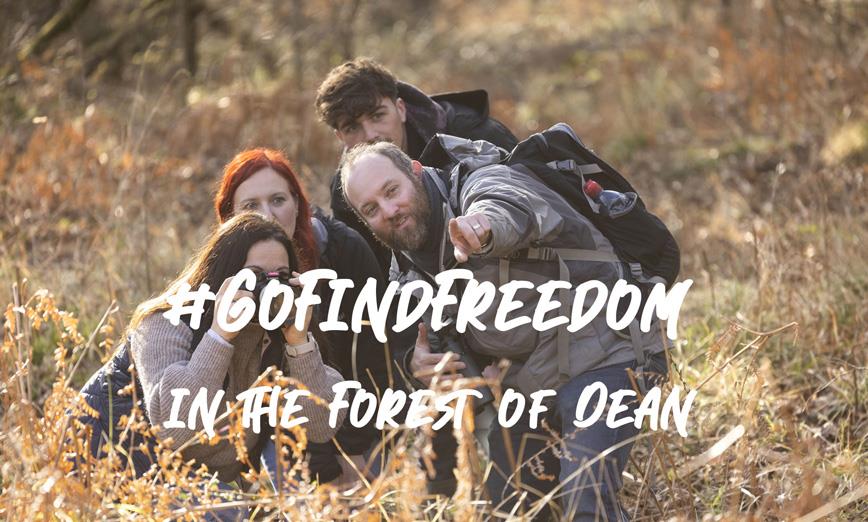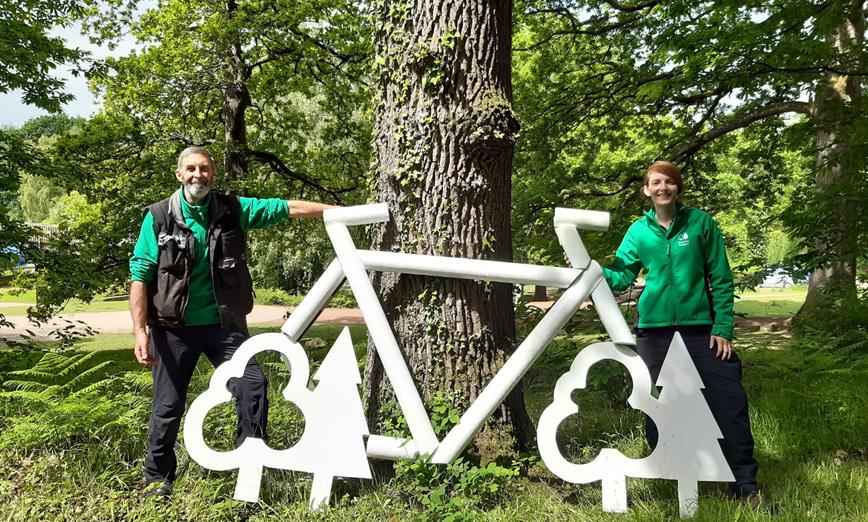Book Tickets Online
About Us
Darkhill Ironworks can be found on the outskirts of Coleford. The terraces of stone walls are all that remain of the important ironworks where David and Robert Mushet carried out secret experiments with iron and steel during the 19th century.
The complex of tramways, brickworks and ironworks lie on a series of terraces above one another on the hillside. Darkhill Ironworks, and the neighbouring Titanic Steelworks, are internationally important industrial remains associated with the development of the iron and steel industries and were where the world's first tungsten steel was produced.
Today Darkhill Ironworks (sometimes written Dark Hill) and the Titanic Steelworks are scheduled archaeological sites and are well worth visiting.
Visiting the Site
A small car park fits around 10 cars and there is a level path to the ironworks and around it. The Coleford to Parkend off-road cycle path runs nearby following the old railway line for 4 miles.
The History of Darkhill Ironworks and the Titanic Steelworks
Building was begun in 1811 and the brickworks were established some time before 1818. A number of accidents occurred at the ironworks; most notably in August 1846 when a steam engine exploded causing five deaths and seven injuries. After David's death in 1847, the furnaces at the smithy in the brickworks were used by Robert for experimental work on new metals to discover their properties. The site was abandoned, probably around 1862 following the building of the Severn and Wye Valley railway embankment across the south east corner of the ironworks in 1874, the site lay undisturbed until partial excavation in 1977.
David's son, Robert, built the Titanic Steelworks on the same site and used the foundry to experiment in steel making in large quantities. He made the first steel alloys and the first steel railway line. When his railway lines were laid in Derby Station in 1857 they lasted for 17 years rather than the 3-5 months normally expected from earlier rails.
There is a Hidden Heritage app which can be downloaded and brings past locations such as this to life. Find out more and how to download it here.
Find out about the history of the Forest of Dean and Wye Valley here.
Book Tickets
Opening Times
* Always open although the car park is closed over night. No charge.








